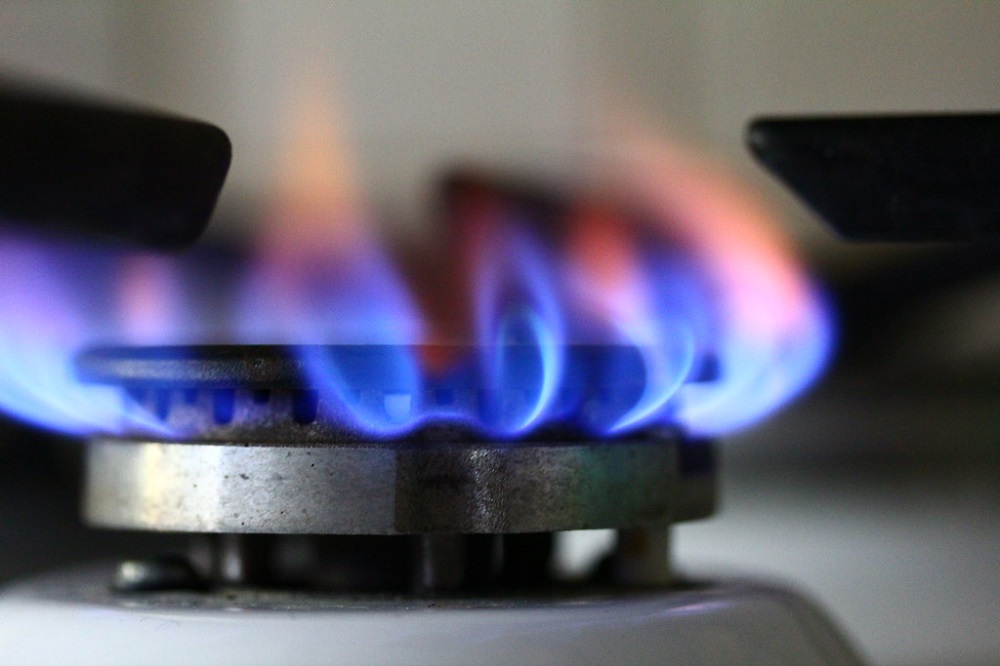Ofgem lowers energy price cap but bills expected to rise by £500 per year

Ofgem is lowering its energy price cap – the amount suppliers are able to charge – from the current £4,279 per year to £3,280 for the average household, effective from April 1, it has announced.
The regulator said the reduction of almost £1,000 reflects recent falls in wholesale energy prices.
However, domestic energy bills are still set to rise by an average of £500 a year despite the reduction as the Government’s support for households becomes more limited.
The £3,280 figure indicates how much consumers on their energy suppliers’ basic tariff would pay if the Government’s Energy Price Guarantee (EPG) was not in place.
But customers will pay about 20% more on their bills – approximately £500 – as the Government’s EPG becomes less generous from the beginning of April, leading to an average bill of £3,000.
When the upcoming end of the £400 energy rebate scheme – paid in six instalments of £66 and £67 a month – is factored in, the energy cost for households will increase even more.
Deeply concerning
Ofgem chief executive Jonathan Brearley said: “Although wholesale prices have fallen, the price cap has not yet fallen below the planned level of the Energy Price Guarantee. This means that on current policy bills will rise again in April. I know that for many households this news will be deeply concerning.
“However, today’s announcement reflects the fundamental shift in the cost of wholesale energy for the first time since the gas crisis began, and while it won’t make an immediate difference to consumers, it’s a sign that some of the immense pressure we’ve seen in the energy markets over the last 18 months may be starting to ease.
“If the reduction in wholesale prices we’re currently seeing continues, the signs are positive that the price cap will fall again in the summer, potentially bringing bills significantly lower.
“However, prices are unlikely to fall back to the level we saw before the energy crisis. Even with the extensive package of government support that is currently in place, this is a very tough time for many households across Britain.
“Where people are struggling, we urge them to contact their supplier to make sure they are getting all the help and support they are entitled to. We also think that, with bills continuing to be so high, there is a case for examining with urgency the feasibility of a social tariff for customers in the most vulnerable situations.”
Support our Nation today
For the price of a cup of coffee a month you can help us create an independent, not-for-profit, national news service for the people of Wales, by the people of Wales.





The Energy Scammers Alliance – Government and Big Energy Suppliers/Producers – are just taking the country to the cleaners. Government are complicit because it has given them a good flow of VAT and other excise duties to top up the Treasury enabling ministerial waste on a level hitherto unequalled.
Yes, and it would have been nice if some of that had been spent on a big programme of home insulation abd upgrade, particularly in Cymru which has proportionately greater need than England.
As long as any programme of home insulation and upgrades was carried out to clearly defined standards and cost controls. Some such projects have been nice earners for fly boys but not much good for residents. We keep on making the same mistakes time after time.